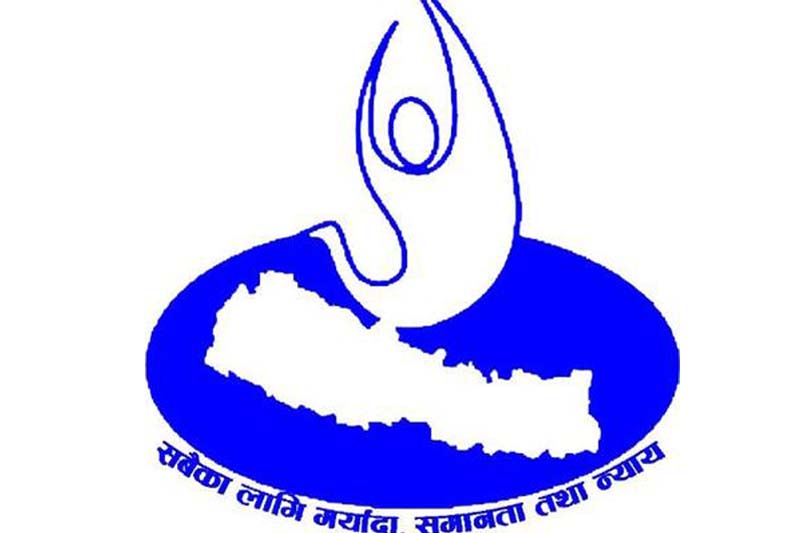Overall human rights situation still not satisfactory, says NHRC
Kathmandu, December 9
The National Human Rights Commission today warned that the country’s overall situation of human rights was still not satisfactory and there were myriad challenges in the enactment of laws relating to fundamental rights.
In its annual report (2017-2018) submitted by NHRC Chairperson Anup Raj Sharma to President Bidhya Devi Bhandari, the rights body said that there were questions over various commissions and NHRC formed in accordance with the constitution.
“The government has failed to make public the status of forcefully disappeared persons and deliver justice to the kin of persons killed during the conflict even after more than a decade of the signing of the Comprehensive Peace Accord,” the report states. It also stated there was not clarity in the concurrent powers of the three levels of government provisioned in the constitution.
“No ample progress has been made in the area of economic, social, cultural and human rights. Use of children in elections, caste discrimination, and lack of people’s access to health continue to exist. Labour exploitation of Nepalis living abroad for foreign employment and rise in cases of domestic violence has posed a serious threat to normal life. The government has not been paying proper attention to the rights of marginalised communities, indigenous nationalities, persons with disabilities, Dalits, women, senior citizens and migrant workers,” the report states.
According to the NHRC, it carried out investigation into 350 backlog and new complaints registered at the rights body during the fiscal 2017-18. Of them, 150 were fresh complaints. Altogether 463 monitoring programmes were conducted on various issues related to human rights.
The rights body said the culture impunity continued to prevail in the country with non-implementation of recommendations made by the NHRC. The report also contains the details of reforms required to promote and protect human rights.
The rights body said that the formulation of national action plan relating to human rights and formation of various
structures to implement human rights were some of the positive achievements. Similarly, it conducted 324 programmes with special focus on human rights promotion by keeping in mind the motto ‘Human Rights for Every Household: A Base of Peace and Development’ under its Strategic Plan (2015-2020).
The plan has set a new goal of taking human rights consciousness in every household and contains programmes such as broadcasting human rights messages in local languages, promoting human rights education at school level, organising quiz contests on human rights, organising human rights sensitivity programmes in villages, and mobilising rural motivators for human rights awareness in different parts of the country.






